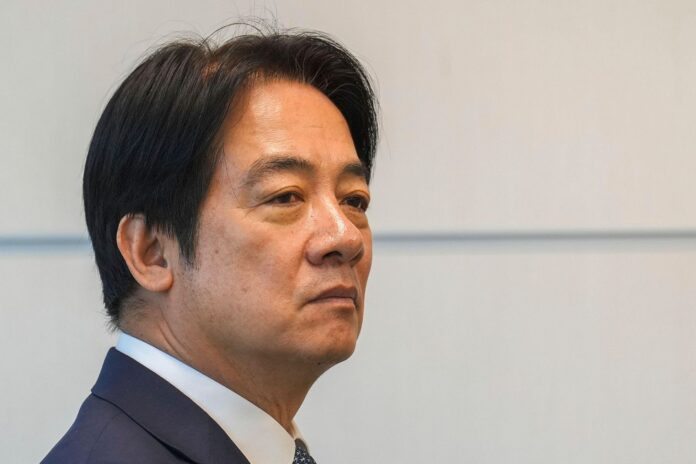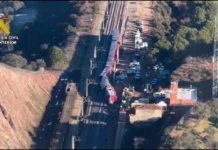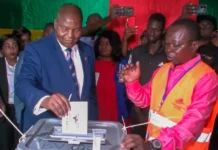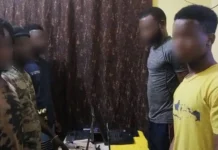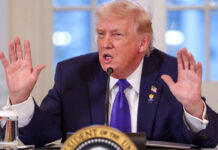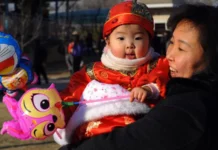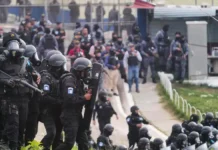Taiwan’s Foreign Ministry has firmly denied claims that President Lai Ching-te has been blocked from transiting through the United States, clarifying that no overseas travel is currently planned and no formal denial has been issued by Washington.
Speaking at a press briefing on Tuesday, Foreign Ministry spokesperson Hsiao Kuang-wei emphasized that recent media reports suggesting U.S. President Donald Trump’s administration had refused Lai permission to stop over in New York were inaccurate.
“There has been no postponement, cancellation, nor any denial of permission for the transit by the U.S. side,” Hsiao stated. “Given the ongoing post-disaster recovery efforts in southern Taiwan, the ongoing reciprocal tariff negotiations with the U.S., and the relevant international situation, the president has no plans for overseas visits in the near future.”
The clarification comes after The Financial Times, citing anonymous sources, reported that President Lai’s expected stopover in New York, en route to Paraguay, had been blocked following objections from Beijing. Paraguay, Taiwan’s sole remaining diplomatic ally in South America, had announced earlier this month that Lai would visit within 30 days. Although Taiwan has not officially confirmed the trip, such visits typically involve transiting through U.S. airports.
Beijing has long opposed international engagement with Taiwan, which it considers a breakaway province. The Chinese government has increased pressure on other nations to limit official contact with Taipei and opposes visits by Taiwanese leaders to other countries, including transit stops in the United States.
U.S. House Speaker Emerita Nancy Pelosi criticized the alleged decision, calling it a concession to Chinese pressure. “But once again, [Chinese] President Xi has achieved a victory over the values, security and economy of the United States in the Trump Administration blocking the democratically elected president of Taiwan from making a diplomatic trip through New York,” Pelosi wrote on Facebook. “Let us hope President Trump’s denial of this stopover in New York is not indicative of a dangerous change in U.S. policy on Taiwan.”
When asked for comment, the American Institute in Taiwan (AIT), Washington’s de facto embassy in Taipei, declined to confirm the alleged denial. “We do not comment on hypothetical travel plans,” an AIT spokesperson said. “Transits by high-level Taiwan officials, including presidents, are fully consistent with our longstanding policy and practice. That has not changed.”
Bloomberg News had previously reported that President Lai intended to make transit stops in both New York and Dallas as part of a diplomatic mission to Paraguay, Guatemala, and Belize, three of the 12 nations that maintain formal diplomatic relations with Taiwan.
The reports of a potential travel block come amid ongoing U.S.-China trade talks in Stockholm, where negotiators from both nations are working to preserve a fragile truce in a prolonged tariff dispute under Trump’s economic agenda.
While the United States does not maintain formal diplomatic ties with Taiwan under its “One China” policy, it remains Taiwan’s most critical security partner and top arms supplier. Washington’s approach to Taiwan has long included allowing unofficial visits and stopovers by Taiwanese presidents and senior officials, a practice Beijing views as provocative.
As the geopolitical tug-of-war between Washington and Beijing intensifies, Taiwan continues to walk a tightrope, balancing its pursuit of international engagement against the rising assertiveness of China’s foreign policy. President Lai’s potential travel, whether realized or not, is the latest flashpoint in a broader struggle over Taiwan’s global standing and U.S. policy in the Indo-Pacific.
Written By Rodney Mbua









